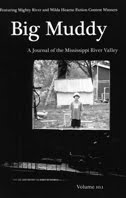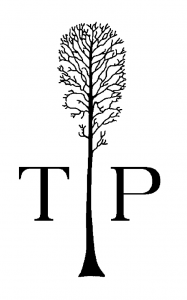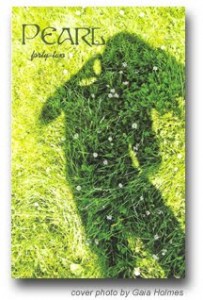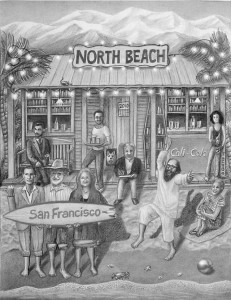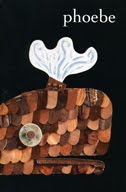Under the superior editorship of Amy King and Ana Bozicevic, ESQUE is a newly launched online journal. The first issue features work by poets loosely grouped under the categories of OETRY (“the kitchen sink”) and IFESTO (“everything but”).
OETRY includes “the texts of poets’ native turf: poems, prose poems, verse-fragments, visual po-work.” Contributors to this first issue are Charles Bernstein, Bei Dao, Tamiko Beyer, Jackie Clark, Amy De’Ath, Lidija Dimkovska, Kate Durbin, Steven Karl, Natalie Lyalin, Filip Marinovich, Sharon Mesmer, Miguel Murphy, Ariana Reines, Saeed Jones, Tomaz Salamun, Evie Shockley, Heidi Lynn Staples, Leigh Stein, Cole Swensen, John Tranter, and Matvei Yankelevich.
IFESTO is “a field for poets to lucidly engage beyond their poetry. It may include: manifestos, rants, theoretical or personal essays, half-formed statements of poetics, travelogues, music or literary or art critiques, a recurring dream.” Contributors to this first issue are Jennifer Bartlett, Jillian Brall, Ching-In Chen, Ken Chen, Rachel Blau DuPlessis, Jennifer H, Fortin, Molly Gaudry, Roxane Gay, Matt Hart, Brenda Hillman, Dan Hoy, Ron Padgett & Olivier Brossard, Lars Palm, Joan Retallack, Brandon Shimoda, Anne Waldman, Franz Wright, and Carolyn Zaikowski.
ESQUE is a flash site, so allow a minute for the full content to load. Individual author’s works are available to print via PDF.



